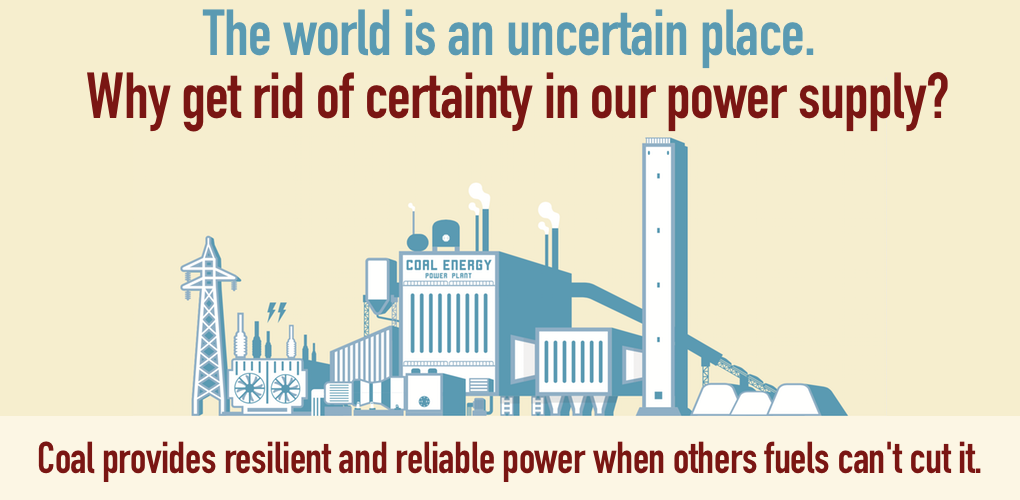
The World is More Uncertain Than You Think
Nobel Laurette Daniel Kahneman, the author of the best-selling Thinking, Fast and Slow, offered some sage advice to investment professionals at the CFA Institute’s recent annual conference. According to the institute’s blog, Kahneman said:
“When something happens, you immediately understand how it happens. You immediately have a story and an explanation. You have that sense that you learned something and that you won’t make that mistake again. What you should learn is that you were surprised again. You should learn that the world is more uncertain than you think.”
While Kahneman was talking to investors, those words could just as well have been tailored for the energy industry and our current conversation about reliability, resilience and energy security.
As Kahneman pointedly reminds us, humans are, by and large, optimists and that optimism clouds our judgment. It makes us downplay risk; it fills us with overconfidence. It’s a warning we would be wise to heed.
The loss of baseload power and the critical threat of losing even more in the years ahead is setting off alarms for some but has been met with startling complacency by others.
Just yesterday, all five FERC commissioners testified before the Senate Energy and Natural Resources Committee and a reoccurring message from some of the commissioners and senators was that there is no immediate calamity in need of action.
Those opposed to intervention seem to be taking the approach that unless the forest is currently on fire, there’s no need to shore-up the fire hoses. The Trump administration, and others who sense the looming disaster, see conditions ripe for a blaze and want immediate action before an inferno.
In that vein, commissioner Neil Chatterjee observed, “We shouldn’t assume that good fortune will continue. I think it’s important we and our partners in federal government remain vigilant in ensuring the reliability of our bulk power system.”
Senator Lisa Murkowski urged the commissioners to move with urgency: “It is critical for you all to engage. Frankly as one concerned about this issue for years now, I find it unfortunate that prior commissions did not lead more effectively.”
And voters want action as well. A new poll conducted by Morning Consult for NMA found that most Americans – 55 percent – believe the U.S. government should support coal and nuclear power plants. Just 20 percent of voters opposed such action.
It’s worth considering what it would mean if Secretary Perry is right and we don’t act. What if a marketplace that doesn’t adequately value baseload power, fuel diversity and resilience is a building crisis? What if we know far less than we think we do?
If you think for a second about the unpredictability of energy markets, growing cyber threats and the volatility of energy policy (both locally and nationally), the notion of acting now to give us time to study and strengthen our energy security doesn’t seem so crazy at all. Heck, it might even seem obvious.
Ironically enough, the very industry most resistant to the administration’s efforts – the oil and natural gas industry – knows better than anyone about volatility. For years, wild swings in natural gas prices were the rule. The oil market remains as volatile today as ever before. Despite surging U.S. production, the U.S. is as vulnerable to the whims of OPEC or the instability of major oil-producing nations as we have ever been. Oil prices have nearly doubled since last summer. With prices at the gas pump hovering around $3 per gallon, consumers are now feeling energy insecurity in their wallets.
What the future holds is anyone’s guess, and that’s the point. How quickly will EVs come to dominate our roads? What will their emergence do to electricity demand? Will it become more challenging to build pipelines? How will we protect them from cyber threats? Just what will U.S. natural gas exports and the commodification of LNG mean to U.S. natural gas prices? These are but a few of the myriad questions we can’t hope to be able to answer today but that we must ask.
Acting from a place of caution, creating redundancy and rewarding security should guide our energy policy. After all, the world is more uncertain than you think.
- On June 13, 2018
